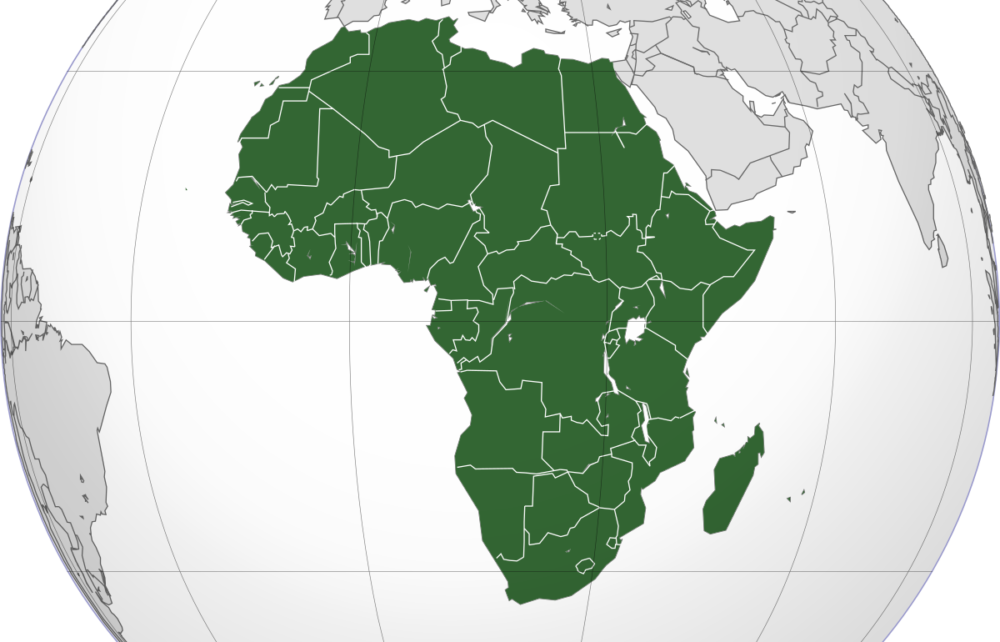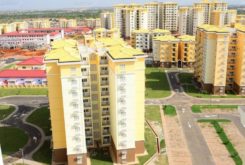The recovery of sub-Saharan African sovereigns from the pandemic shock last year is underway, but it is slowed by the weak state of public finances, Fitch Ratings says.
The slow pace of Covid-19 vaccination programmes means that risks related to the pandemic also remain high, according to Fitch.
Median GDP for sub-Saharan Africa (SSA) sovereigns rated by Fitch fell 2.6% in 2020, a more moderate decline than in any other major region.
Recovery will bring median growth to 4.3% in 2021 and 5% in 2022, “which is fairly modest considering the boost from the base effect, as growth is held back by challenging public finances”, Fitch says in a note do investors.
IMF Improves Forecasts for Cabo Verde and Brazil, With High Ucertainty
Median public debt in the region leapt to 68% of GDP in 2020 from 56% in 2019, and is likely to rise further to 75% in 2022.
Many SSA sovereigns will achieve ‘herd immunity’ only in late 2022 at the earliest, raising the risk of new and potentially more severe infections waves, although the impact on sovereigns could be softened by containment measures becoming more targeted.
“Gradually less supportive global financial conditions could lead to greater volatility complicating SSA market access”, Fitch says.
The has also benefited from global support initiatives, like a new Special Drawing Right allocation and the G20 Common Framework (CF), although a restructuring of debt to the private sector under the CF would likely qualify as a distressed debt exchange.
There were 12 downgrades of SSA sovereigns since April 2020, partly triggered by the pandemic.
“Challenges remain, as indicated by five SSA sovereigns on Negative Outlook (no Outlooks assigned at ‘CCC’ or below), but Fitch has improved the Outlooks on the ratings for Cameroon, Nigeria, Benin and Cote d’Ivoire.




